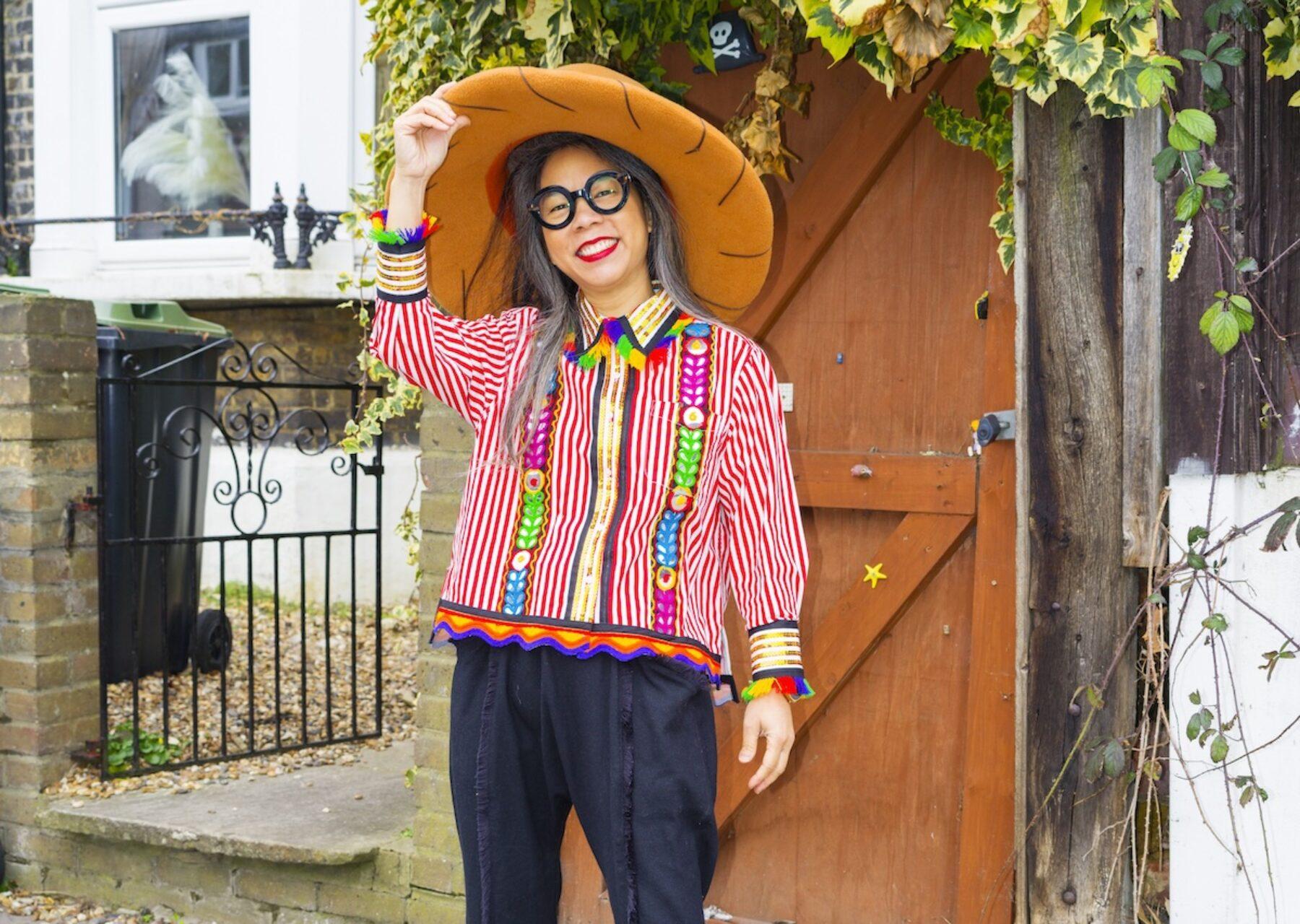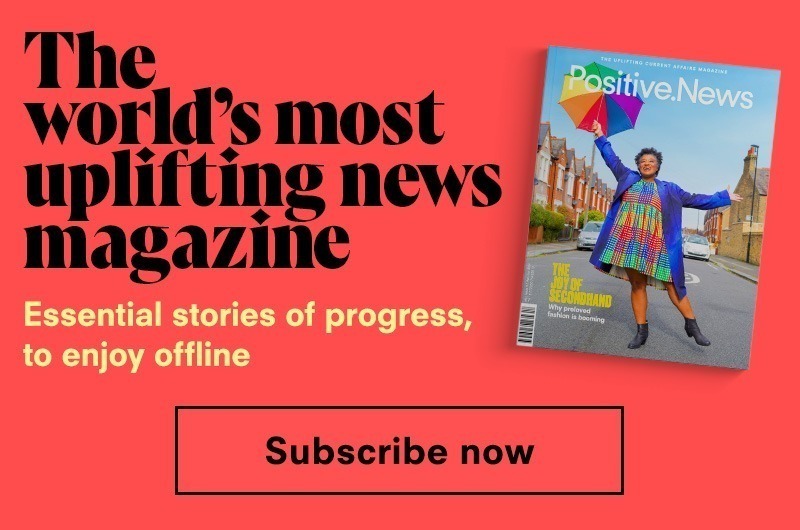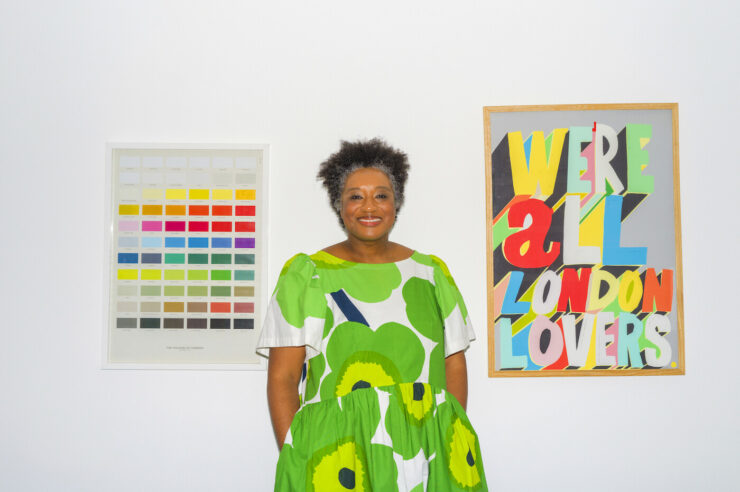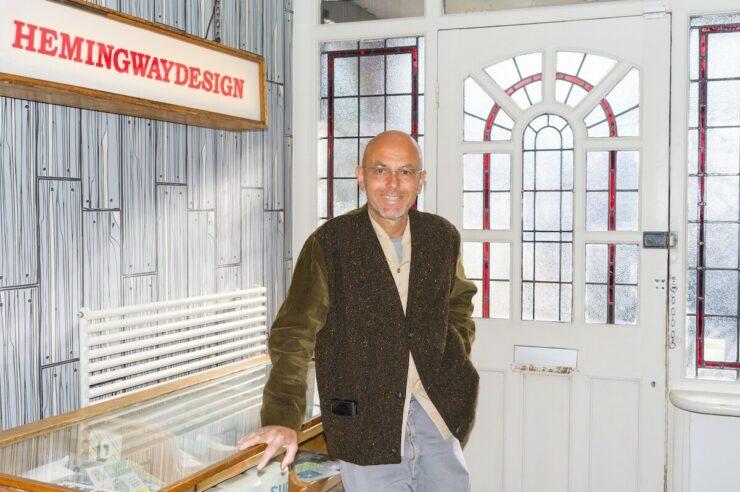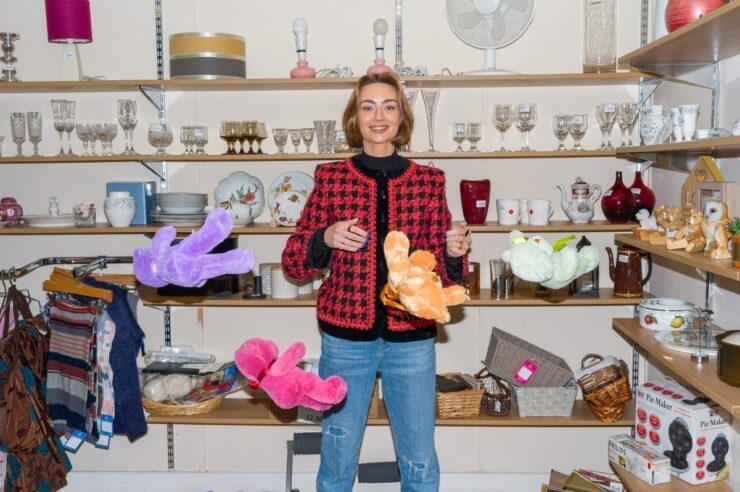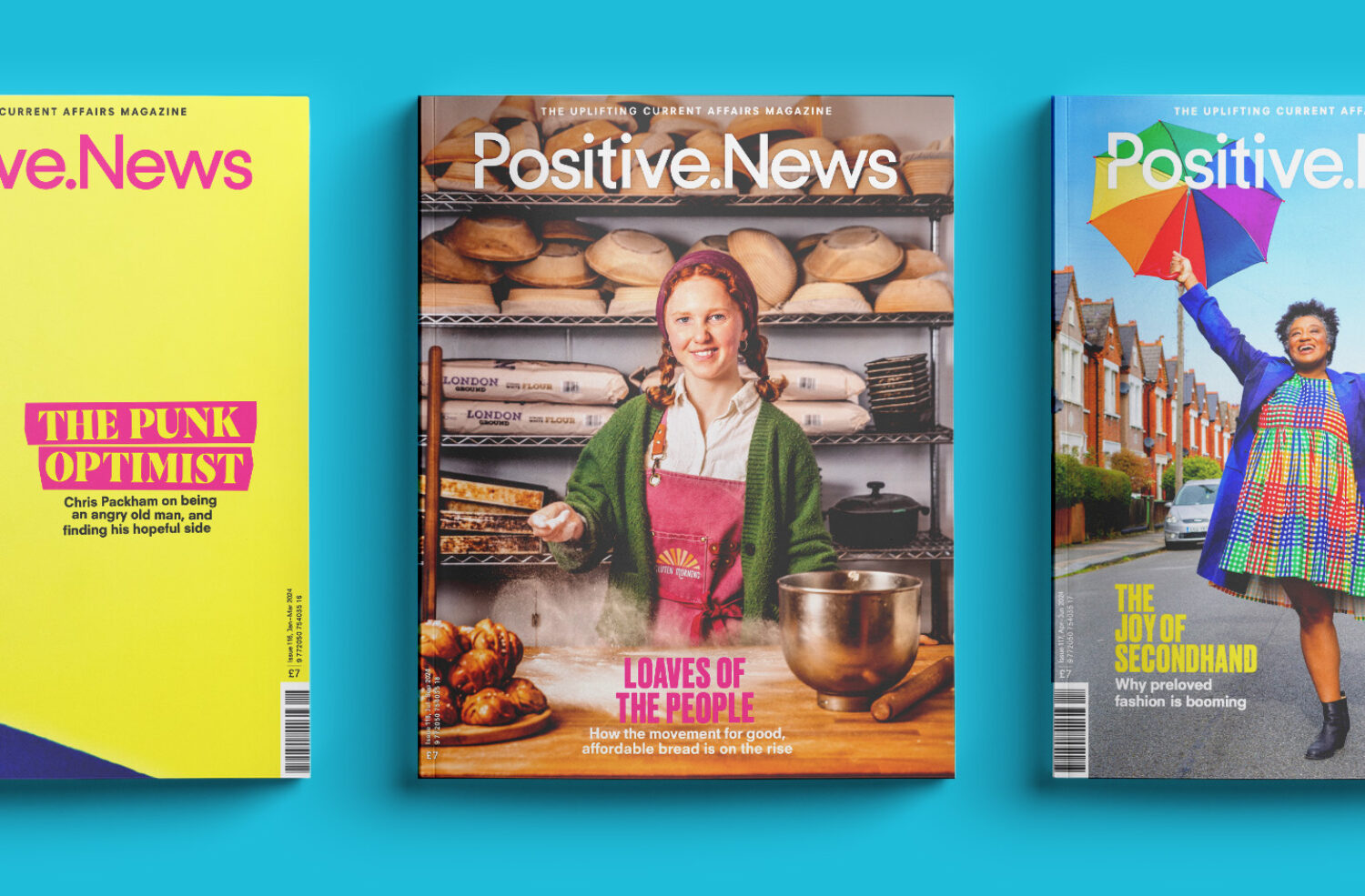Fashion influencer Nicole Akong gets a thrill – and a beautifully diverse wardrobe – from transforming secondhand clothes
Preloved fashion is booming amid a cost of living squeeze and a rise in eco thinking. Once niche, the secondhand market is now on course to take 10% of global sales, while eBay has just axed fees for sellers of preloved garms.
In our Second Nature series, we unzip this growing trend and meet the preloved pioneers who are helping to send it mainstream. A million miles from its moth-eaten, austere reputation of yesteryear, they see preloved as stylish, expressive and fun.
For the final article in the series, we meet Nicole Akong: a fashion designer, maker, alteration expert and secondhand fashion influencer with a flair for embellishment, who was a finalist on the 2020 series of the BBC’s Great British Sewing Bee. During her childhood in Trinidad the choice of imported clothes was limited, so Akong grew up around dressmaking. She’s now based in London.
Nicole Akong
It took a long time for Nicole Akong to give herself permission to buy ready-made clothes again after appearing on the BBC’s Great British Sewing Bee. There was an expectation from members of the public that she would always be outfitted in self-made pieces. But after dipping her toe in charity shopping a couple of summers ago at the request of her then tween- aged daughter, who’d been joining friends on charity shopping trips and asked her mum if she’d accompany her, Akong found the perfect middle ground: transforming secondhand clothes.
“It felt like I was doing a wholesome thing because I’m supporting a charity but I’m also buying something that might otherwise go to landfill,” says Akong. “I started to see sewing patterns as quite restrictive, and making from scratch gave me decision fatigue. Now I change what I don’t like or elevate the garments in a way that feels more me. It’s fulfilling, I actually find it so much more enjoyable as a creative process.”
Akong prefers the term ‘transformation’ to ‘upcycling’ and transform she does. While others might add a simple patch to cover the burn holes on the red-striped shirt (pictured) she picked up at a local kilo sale for £1, Akong shortened the whole garment, replaced the cuffs and embellished it with mirrored panelling, sequins, tassels, tape and embroidered ric-rac.
Embellishment is her sewing signature (further evidenced by her self-made tassel-front trousers). “As I’ve grown into myself, I’ve definitely embraced a much more colourful, flamboyant side that I’m not sure I would have had the confidence to in my 20s and 30s,” she tells Positive News.
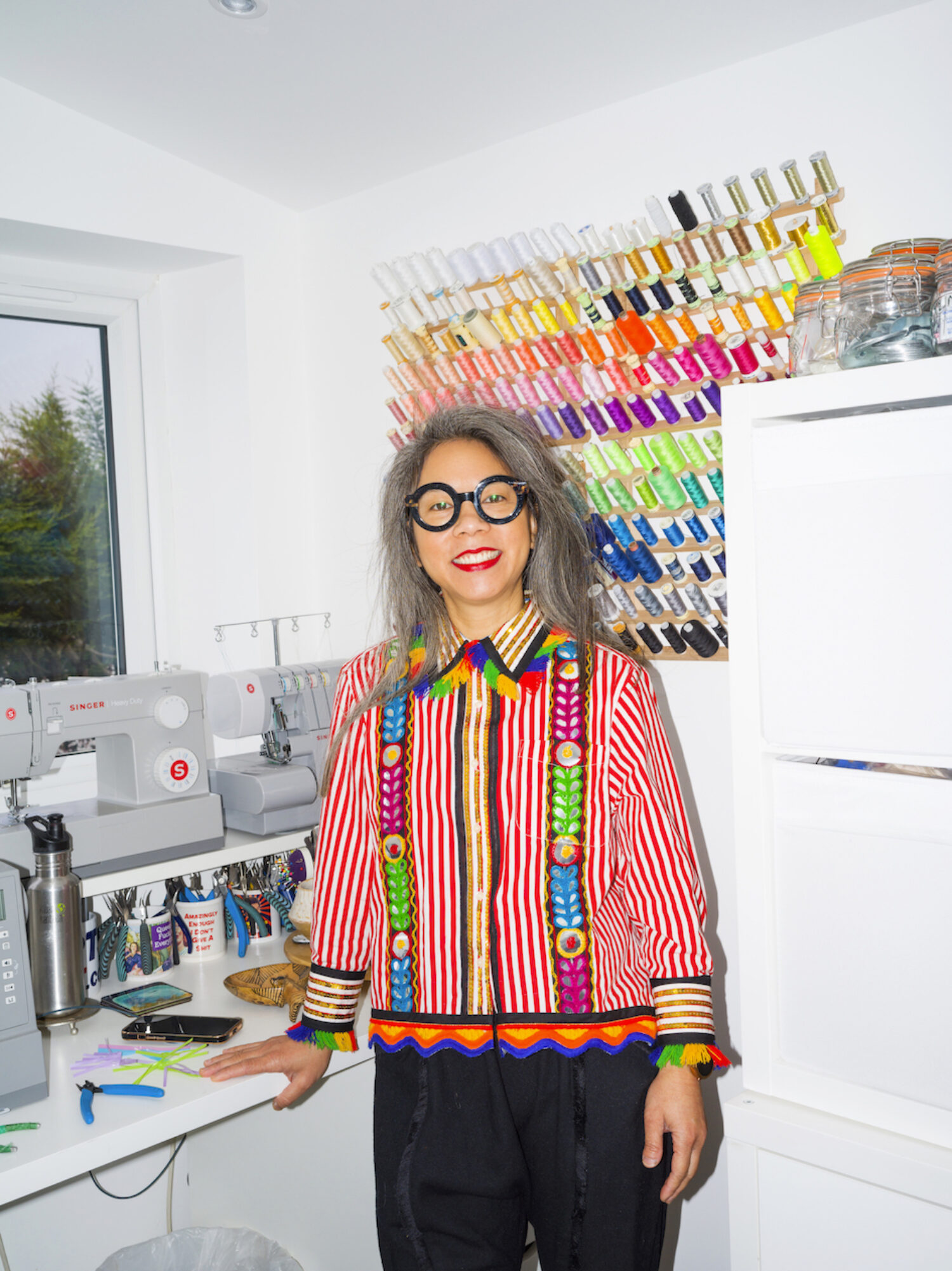
Fix up look sharp: Nicole Akong, pictured at home in London, in a shirt she bought at a local kilo sale for £1
It may look to some like a party shirt, but for Akong it filled a need for a smart piece to wear to school meetings. Having an ‘occasion mind’ is central to her secondhand shopping trips and to coming up with a design vision. “The minute I see something that fits the bill, the dots will connect,” she says.
Her practice might have developed post-Sewing Bee, but she already had the knack, making a bomber jacket from old garments including a colourful African dashiki during the show’s Reduce, Reuse and Recycle week. “It didn’t do well in the judging, but I love the mash-up of different influences.”
Akong describes her sewing skills as empowering, but encourages everyone to embrace transformation, even non-sewists. “There are people out there with those skills who love to use them, so why not let them?”
Images: Nicole Akong photographed for Positive News by Will Sanders
-
2.2
Buying a used garment extends its life by 2.2 years on average, reducing its carbon, waste and water footprint by 73%, according to research by Vestiaire Collective -
61 %
Make-do and menders have been credited with boosting sales of patches, colour dye and thimbles. The John Lewis department store sold out of darning needles in 2023, and sales of repair products, such as patches and repair tape, were up 61%, it said
Help us break the bad news bias
Positive News is helping more people than ever to get a balanced and uplifting view of the world. While doom and gloom dominates other news outlets, our solutions journalism exists to support your wellbeing and empower you to make a difference towards a better future. And as Positive News’ audience and impact grows, we’re showing the rest of the media that good news matters.
But our reporting has a cost and, as an independent, not-for-profit media organisation, we rely on the financial backing of our readers. If you value what we do and can afford to, please consider making a one-off or regular contribution as a Positive News supporter. Give once from just £1, or join 1,000+ others who contribute an average of £3 or more per month. You’ll be directly funding the production and sharing of our stories – helping our solutions journalism to benefit many more people.
Join our community today, and together, we’ll change the news for good.
